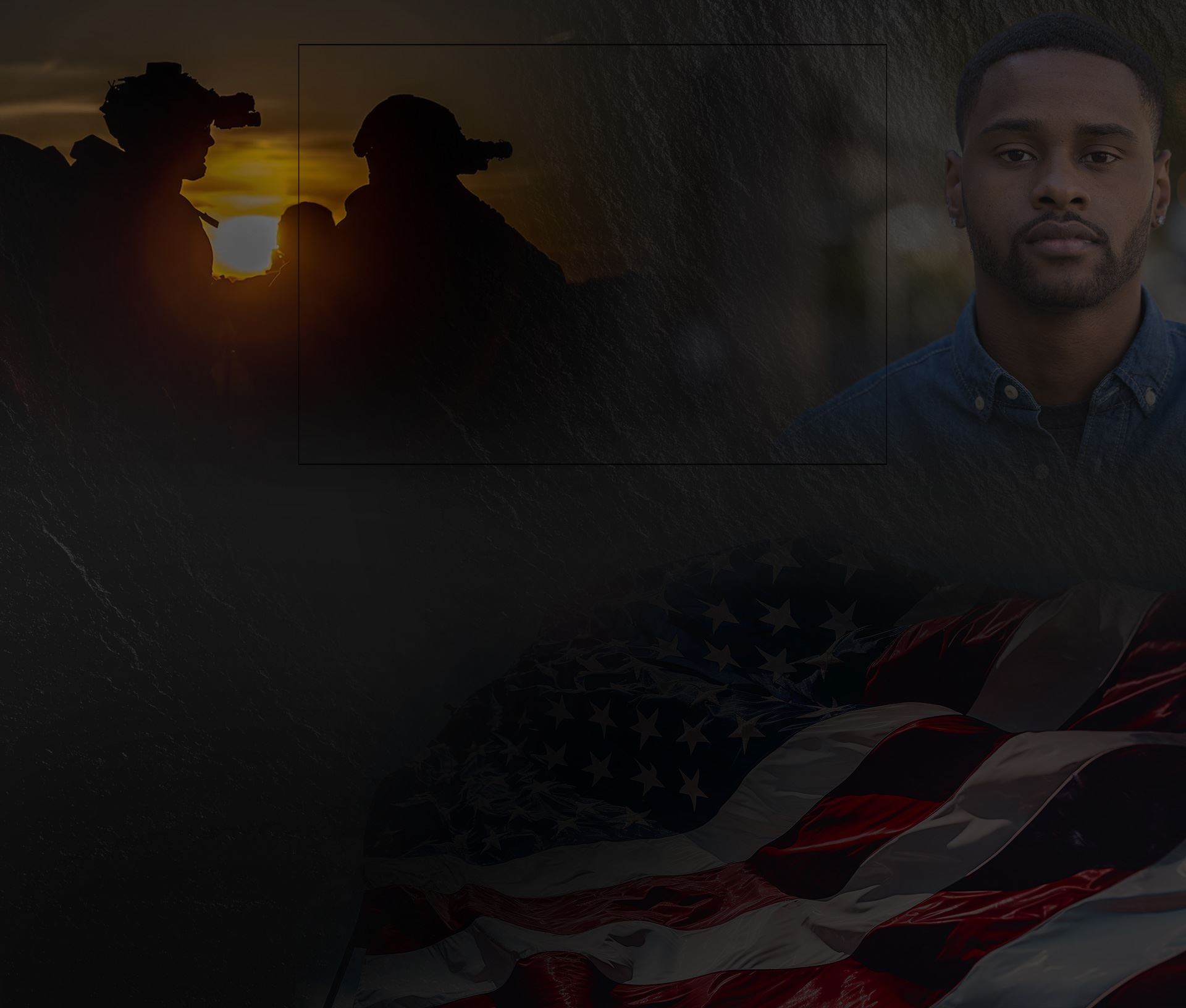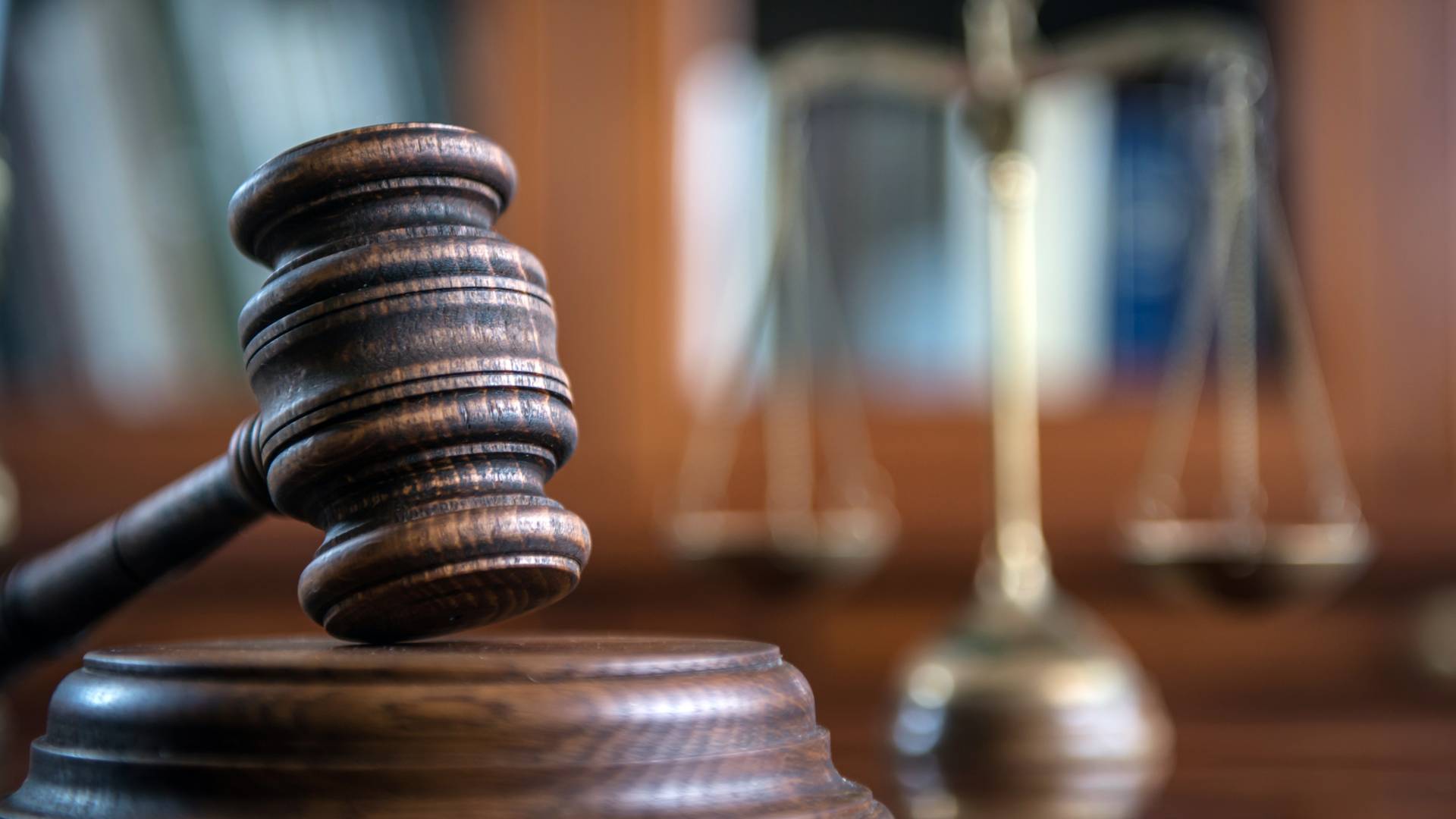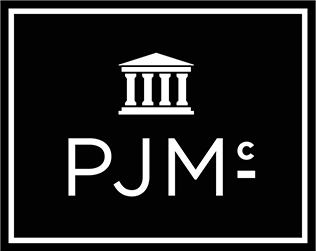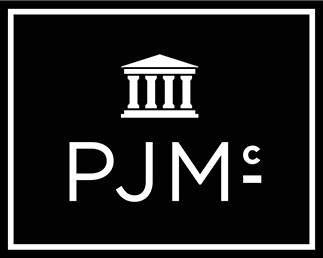Legal Framework and Importance
Definition of Character Witnesses in Military Trials
In the realm of military justice, character witnesses play a pivotal role. A character witness is someone who testifies about the personal qualities, reputation, and behavior of the accused service member. Unlike factual witnesses who provide testimony about specific events or actions, character witnesses offer insight into the accused's overall character. This distinction is crucial because character witnesses can help paint a broader picture of the accused's personality, which can be instrumental in influencing the court's perception and decisions.
Character witnesses differ significantly from other types of witnesses in military trials. While factual witnesses provide evidence based on their direct observations or involvement in the incident in question, character witnesses speak to the accused's general behavior and reputation. This testimony can cover various aspects such as honesty, reliability, and integrity. Understanding this distinction is essential for both the defense and the prosecution, as it determines the type of evidence that can be presented and how it can be utilized in court-martial proceedings.
Legal Basis and Regulations
The use of character witnesses in military trials is governed by the Uniform Code of Military Justice (UCMJ), the foundational legal framework for the United States Armed Forces. Specific articles within the UCMJ outline the admissibility and relevance of character evidence in court-martial proceedings. For instance, Article 46 of the UCMJ permits the introduction of character evidence, provided it meets certain criteria and is deemed relevant to the case at hand. This legal basis ensures that character witness testimony is not only permissible but also regulated to maintain fairness and justice.
Comparing military law to civilian legal systems reveals some similarities and differences in the use of character witnesses. While both systems allow character evidence, the military justice system has unique regulations and procedures tailored to the specific needs and circumstances of military life. For example, the military places a higher emphasis on the chain of command and the accused's service record, which can influence the selection and impact of character witnesses. Understanding these nuances is vital for legal professionals navigating the complexities of military trials.
Importance in Military Trials
Character witnesses hold significant sway in military trials, often influencing the outcomes of court-martial proceedings. Their testimony can provide a more comprehensive view of the accused, potentially swaying the opinions of the judges and panel members. In many cases, character witnesses can highlight positive traits and past commendable behavior, which may mitigate the severity of the charges or penalties faced by the accused. This influence underscores the importance of carefully selecting and preparing character witnesses to ensure their testimony is both credible and impactful.
The impact of character witness testimony extends beyond the verdict to sentencing and mitigation. A well-prepared character witness can humanize the accused, presenting them as more than just the sum of the charges against them. This can be particularly important in sentencing, where the court considers various factors before determining the appropriate punishment. By providing a balanced view of the accused's character, character witnesses can help achieve a fairer and more just outcome, reflecting the individual's true nature and potential for rehabilitation.
Selection and Qualification of Character Witnesses
Criteria for Selection
Selecting the right character witness is a strategic decision that can significantly affect the outcome of a military trial. Not everyone is eligible to serve as a character witness; there are specific criteria that must be met. Typically, character witnesses are individuals who have had substantial and meaningful interactions with the accused. These can include fellow service members, superiors, subordinates, or even civilian acquaintances who can speak to the accused's character. Factors such as rank, relationship to the accused, and the duration and nature of their interactions are all considered when selecting a character witness.
The selection process also involves evaluating the potential witness's credibility and the relevance of their testimony. Higher-ranking officers or individuals with impeccable service records often make compelling character witnesses due to their perceived trustworthiness and authority. However, the relationship between the witness and the accused must be scrutinized to avoid any appearance of bias or conflict of interest. The goal is to select witnesses who can provide honest, unbiased, and relevant testimony that will positively influence the court's perception of the accused.
Qualification Process
Once a potential character witness is identified, they must go through a qualification process to ensure their testimony is admissible in court. This process involves several steps, starting with a thorough vetting by the defense team. The witness's background, relationship with the accused, and the substance of their testimony are all examined. Legal and procedural requirements must be met, including the submission of any necessary documentation and affidavits. The defense team will also prepare the witness for examination and cross-examination, ensuring they are ready to provide clear and consistent testimony.
During the trial, the character witness will undergo both direct examination by the defense and cross-examination by the prosecution. This process is designed to test the credibility and reliability of the witness's testimony. The defense must ensure that the witness is well-prepared to handle potential challenges and objections from the prosecution. This includes rehearsing their testimony, anticipating possible questions, and understanding the legal boundaries of what they can and cannot say. A well-prepared character witness can withstand cross-examination and provide testimony that effectively supports the defense's case.
Challenges in Selection
Selecting character witnesses is not without its challenges. One common issue is finding individuals who are both willing and able to testify. Military life often involves frequent relocations and deployments, making it difficult to coordinate witness appearances. Additionally, potential witnesses may have concerns about the impact of their testimony on their own careers or relationships within the military community. These challenges require strategic planning and effective communication to overcome.
Another challenge is ensuring the selected witnesses can provide relevant and impactful testimony. Not all positive interactions or relationships will translate into effective character evidence. The defense team must carefully evaluate each potential witness's ability to speak to the specific traits and behaviors relevant to the case. Strategies to overcome these challenges include thorough vetting, clear communication of expectations, and providing support and guidance to witnesses throughout the process. By addressing these challenges proactively, the defense can ensure that their character witnesses are both credible and effective.
Testimony and Impact
Types of Testimony Provided
Character witnesses can provide various types of testimony in military trials, each serving a unique purpose. Oral testimony is the most common form, where the witness appears in court to speak directly to the judges and panel members. This type of testimony allows for immediate interaction and the opportunity for the witness to convey their message with emotion and emphasis. Written testimony, such as affidavits or letters, is another option, particularly when logistical challenges prevent in-person appearances. These documents can still provide valuable insights into the accused's character, though they may lack the impact of live testimony.
The areas of character that witnesses may testify about are diverse, encompassing traits such as honesty, reliability, leadership, and integrity. For example, a superior officer might testify about the accused's dedication and performance under pressure, while a fellow service member might speak to their camaraderie and trustworthiness. The specific traits highlighted will depend on the nature of the charges and the defense's strategy. By providing a well-rounded view of the accused's character, these testimonies can help the court make a more informed and balanced decision.
Impact on the Court-Martial Process
The impact of character witness testimony on the court-martial process can be profound. Judges and panel members weigh this testimony alongside other evidence to form a comprehensive view of the accused. Positive character evidence can serve to mitigate the severity of the charges, influence sentencing decisions, and even sway the overall outcome of the trial. For instance, in cases where the accused's actions are out of character, testimony from credible witnesses can highlight this discrepancy and suggest the behavior was an anomaly rather than a pattern.
Historical examples demonstrate the significant influence character witness testimony can have on military trials. In some cases, compelling character evidence has led to reduced sentences or even acquittals. For example, a service member facing charges of misconduct might receive a lighter sentence if multiple character witnesses testify to their exemplary service record and positive contributions to their unit. These examples underscore the importance of selecting and preparing character witnesses who can provide credible and impactful testimony.
Limitations and Restrictions
Despite their potential impact, there are limitations and restrictions on what character witnesses can testify about. Military law imposes specific boundaries to ensure that character evidence remains relevant and fair. For instance, witnesses cannot testify about specific acts of misconduct or provide hearsay evidence. Their testimony must focus on the accused's general character and reputation, rather than specific incidents. These restrictions help maintain the integrity of the court-martial process and prevent the introduction of prejudicial or irrelevant information.
Court precedents also play a role in shaping the limitations on character witness testimony. Previous rulings establish guidelines on what is permissible, ensuring consistency and fairness in military trials. Understanding these legal boundaries is crucial for both the defense and the prosecution. By adhering to these restrictions, character witnesses can provide testimony that is both impactful and legally sound, contributing to a fair and just trial process.
Preparation and Presentation
Preparing a Character Witness
Effective preparation is key to ensuring that character witnesses provide credible and impactful testimony. The preparation process begins with a thorough briefing on the case and the specific role the witness will play. This includes reviewing the charges, understanding the defense strategy, and identifying the key traits and behaviors the witness will testify about. Rehearsals are an essential part of this preparation, allowing the witness to practice their testimony and receive feedback on their delivery. Legal guidance is also crucial, ensuring the witness understands the legal boundaries and procedural requirements of their testimony.
During preparation, it is important to address any potential challenges or concerns the witness may have. This includes discussing the cross-examination process and helping the witness anticipate and respond to potential objections from the prosecution. By providing comprehensive support and guidance, the defense team can help the witness feel confident and prepared to deliver their testimony effectively. This preparation not only enhances the credibility of the witness but also ensures their testimony aligns with the overall defense strategy.
Effective Presentation Techniques
Presenting character witness testimony effectively requires a combination of strategic planning and skilled execution. Best practices for presenting this testimony include clear and concise questioning, allowing the witness to provide detailed and relevant answers. The defense attorney should guide the witness through their testimony, ensuring they stay focused on the key traits and behaviors that support the defense's case. Visual aids and supporting documents can also enhance the presentation, providing additional context and evidence to support the witness's statements.
Handling cross-examination is another critical aspect of effective presentation. The defense must prepare the witness to respond confidently and consistently to challenging questions from the prosecution. This includes rehearsing potential questions and developing strategies for addressing objections and inconsistencies. By maintaining composure and credibility under cross-examination, the witness can reinforce the strength of their testimony and contribute to a positive outcome for the defense. Effective presentation techniques ensure that character witness testimony is both impactful and persuasive.
Common Mistakes to Avoid
There are several common mistakes that can undermine the effectiveness of character witness testimony. One such mistake is failing to adequately prepare the witness, leading to inconsistent or unclear testimony. Without thorough preparation, the witness may struggle to articulate their points or respond effectively to cross-examination. Another common pitfall is selecting witnesses who are not credible or relevant, which can weaken the overall defense strategy. Ensuring that witnesses are both qualified and well-prepared is essential to avoid these issues.
Another mistake to avoid is overloading the court with excessive character evidence. While character witnesses can provide valuable insights, too many witnesses or overly repetitive testimony can dilute the impact and even annoy the judges and panel members. The defense should focus on quality over quantity, selecting a few strong witnesses who can provide compelling and relevant testimony. By avoiding these common mistakes, the defense can ensure that their character witnesses contribute positively to the trial outcome.
Ethical and Practical Considerations
Ethical Obligations
Ethical considerations are paramount when dealing with character witnesses in military trials. Both attorneys and witnesses have a duty to maintain integrity and honesty in their testimony. This includes providing truthful and accurate information, avoiding exaggeration or falsehoods, and adhering to legal and ethical standards. Attorneys must ensure that their witnesses understand these obligations and are prepared to uphold them throughout the trial process. Maintaining ethical standards not only ensures a fair trial but also upholds the credibility and reputation of the legal profession.
For character witnesses, ethical obligations extend to their conduct both in and out of the courtroom. Witnesses must provide honest and unbiased testimony, avoiding any attempts to manipulate or misrepresent the facts. This includes being transparent about their relationship with the accused and any potential conflicts of interest. By adhering to these ethical standards, character witnesses can provide credible and reliable testimony that contributes to a just and fair trial process.
Practical Challenges
Coordinating character witness appearances can present several practical challenges, particularly in the context of military life. Frequent relocations, deployments, and demanding schedules can make it difficult to secure witness availability. Additionally, logistical issues such as travel arrangements and time zone differences can complicate the process. These challenges require careful planning and effective communication to overcome. The defense team must work closely with witnesses to coordinate schedules and ensure their timely appearance in court.
Balancing the needs of the defense with the realities of military life is another practical challenge. Witnesses may have concerns about the impact of their testimony on their own careers or relationships within the military community. Addressing these concerns and providing support and reassurance can help mitigate these challenges. By proactively addressing practical issues, the defense can ensure that their character witnesses are both available and prepared to provide effective testimony.
Future Trends and Developments
The use of character witnesses in military trials is an evolving area, with emerging trends and potential changes in military law shaping the landscape. One trend is the increasing use of technology to facilitate witness appearances, such as video conferencing and digital affidavits. These tools can help overcome logistical challenges and ensure that witnesses can provide testimony even when they are unable to appear in person. As technology continues to advance, it is likely that these methods will become more prevalent in military trials.
Potential changes in military law may also impact the use of character witnesses. For example, revisions to the UCMJ or new court precedents could alter the admissibility and relevance of character evidence. Legal professionals must stay informed about these developments to effectively navigate the evolving legal landscape. By understanding and adapting to future trends, the defense can continue to leverage character witnesses effectively in military trials.
Law Office of Patrick J. McLain, PLLC
At the Law Office of Patrick J. McLain, PLLC, we understand the critical role that character witnesses play in military trials. Our experienced team is dedicated to providing comprehensive legal support, from selecting and preparing character witnesses to presenting their testimony effectively in court. If you or a loved one is facing a court-martial in Dallas, TX, today to learn how we can help you navigate the complexities of military justice and achieve the best possible outcome for your case. Let our expertise and commitment to justice work for you.





